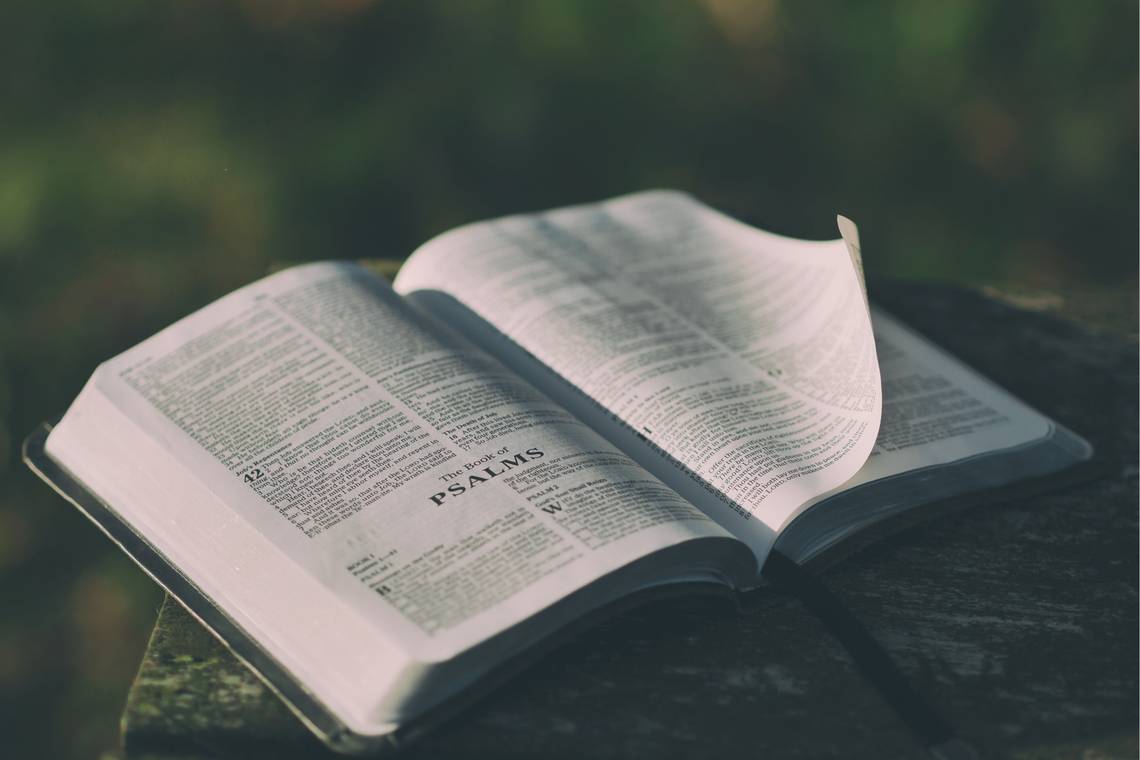Apart from imposing penalties and fines on offenders across the divide, states around the country have enacted laws imposing non-offender fees for specific services. These are meant to fight and deal with crisis surrounding crime victim programs. The chief example among these impositions is the marriage license surcharge.
In 1981, the marriage license surcharge in Illinois was enacted and stood at $10 at the time. This was raised in 1984 to $25. However, in 1986 the marriage license surcharge was overruled by the Supreme Court and couples who were married during the period the tax was imposed were eligible for a refund. The far reaching consequences of the overruling were very deep because the surcharge was being used to run various state programs totaling $2.3 million annually.
By that time, the supplied funds by the surcharge were running 13 legal assistance counseling programs as well as 26 shelters across the state distributed by the Illinois Coalition Against Domestic Violence. It was believed that if there was no replacement for the surcharge around 10,000 women of about 18,000, and children served annually by the domestic service programs funded by the state, would have been in a big problem. By 1986 about 40,000-100,000 children and women required assistance and refuge annually in Illinois. While a lot has changed since then, the marriage license money is still being put into good use to serve and cover various critical programs in the society across the different states.
In 2008, Illinois again imposed a $5 fee on marriage license cost towards paying for legal services and counseling for the ever increasing domestic violence cases. By January 2008 the Married Families Domestic Violence Fund was adopted into law and was expected to raise over $400,000 annually across the state for those agencies working with couples facing domestic violence problems, particularly for rural counties that had at the time eliminated such programs or scaled due to funding cuts.
With previous efforts focusing on ensuring abused women in threatened situations were helped and offered shelter, the additional charge was to help women have a better presence in the judicial system. The money is collected by counties across the state but the office of the attorney general has the sole responsibility of distributing the funds to agencies that qualify. As a result, restoration of courthouse advocates and legal counseling would be returned to counties that stopped offering the service or scaled back. The same money is also used for legal fees in cases of divorce brought about by abuse.
In Montgomery, Alabama the fees for a marriage license went up by $30 in January 2016 with the addition meant to be used in support of various domestic violence education, prevention and centers across the state. This followed a 2015 legislation passed into law. Consequently, the Alabama Department of Economic and Community Affairs and Alabama Coalition Against Domestic Violence are mandated with ensuring uniformity across all the state shelters. The fees collected would be channeled to a Domestic Violence Trust Fund newly created and distributed by Alabama Department of Economic and Community Affairs (ADECA).
Diverse services and shelters are also provided in six counties across Northwest Alabama by Safeplace, as well as in Shoals and Lawrence County with 3500-3800 people annually using the services of the center. The center has a $1.4 million yearly budget funded by donations, revenue from marriage licenses and grants. The money collected also helps hire advocates for the victims, better technology usage to spread the service to more people, and prevention services across Alabama.
States such as Wisconsin, Washington, Texas, Oklahoma, Ohio, Nevada, Michigan, Kansas, Indiana and Florida have also enacted unique legislations for the establishment and funding of such programs as shelter facilities, domestic violence services, hotlines and counseling programs. While a number of these programs and services are funded through general revenues, most of them are funded by marriage license surcharges and divorce surcharges.
The Connecticut General Assembly, through a 1992 act, established a marriage license surcharge. Like many other states, the surcharge was meant to fund diverse shelters for rape and household victims and related crisis services. The act added a $20 surcharge to the $10 marriage license fee where the marriage licenses registrar retains $1 of the surcharge to cater for administrative costs. The remainder is then forwarded every tenth of the month after every calendar quarter to the treasurer of the state to be deposited added into the general fund.
As a result, the OPM (Office of Policy and Management) is required to consult the commissioners of DOHS (Department of Health Services) and DHR (Department of Human Resources) towards the allocation of the surcharge funds balance to DOHS and DHR. Once this is done the DHR is then mandated to use a part of its allocation to deal with rape related crisis services.
In most states the marriage license surcharge actually funds child abuse and domestic violence programs. As mentioned, Connecticut uses its surcharge in funding rape related prevention programs while Indiana uses the same to fund its elaborate witness and victim assistance programs.
The marriage license surcharge raised is, for the most part, significant. For instance, Nevada added a $15 surcharge to the fee for a marriage license deposited in a fund that helps domestic violence victims. In 1999 alone the surcharge kitty collected $2.1 million. In another state like Ohio the surcharge of $32 by 1999 used for divorce filing and $17 for marriage license brought in about $3.2 million and used for the funding of shelters of domestic violence.
The funding of special programs is not just related to marriage licenses though. Diverse states have also attached fees to birth certificates and driver’s license as well. For instance, the attached fees on a birth certificate is anything between $1 and $10 or more, collected in the Children’s Trust Fund for funding both child abuse programs and prevention mechanisms. In the case of driver’s license, a state such as Illinois has a $60 fee imposed on first time drugged or drunk driving offenders, with $30 of the fee going to the Drunk and Drugged Drivers Prevention Fund. Subsequent impaired driving revocation or suspension leads to a charge of $250 also added to the fund.



